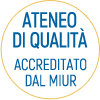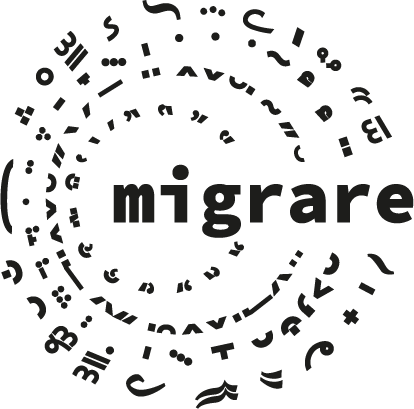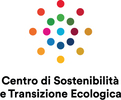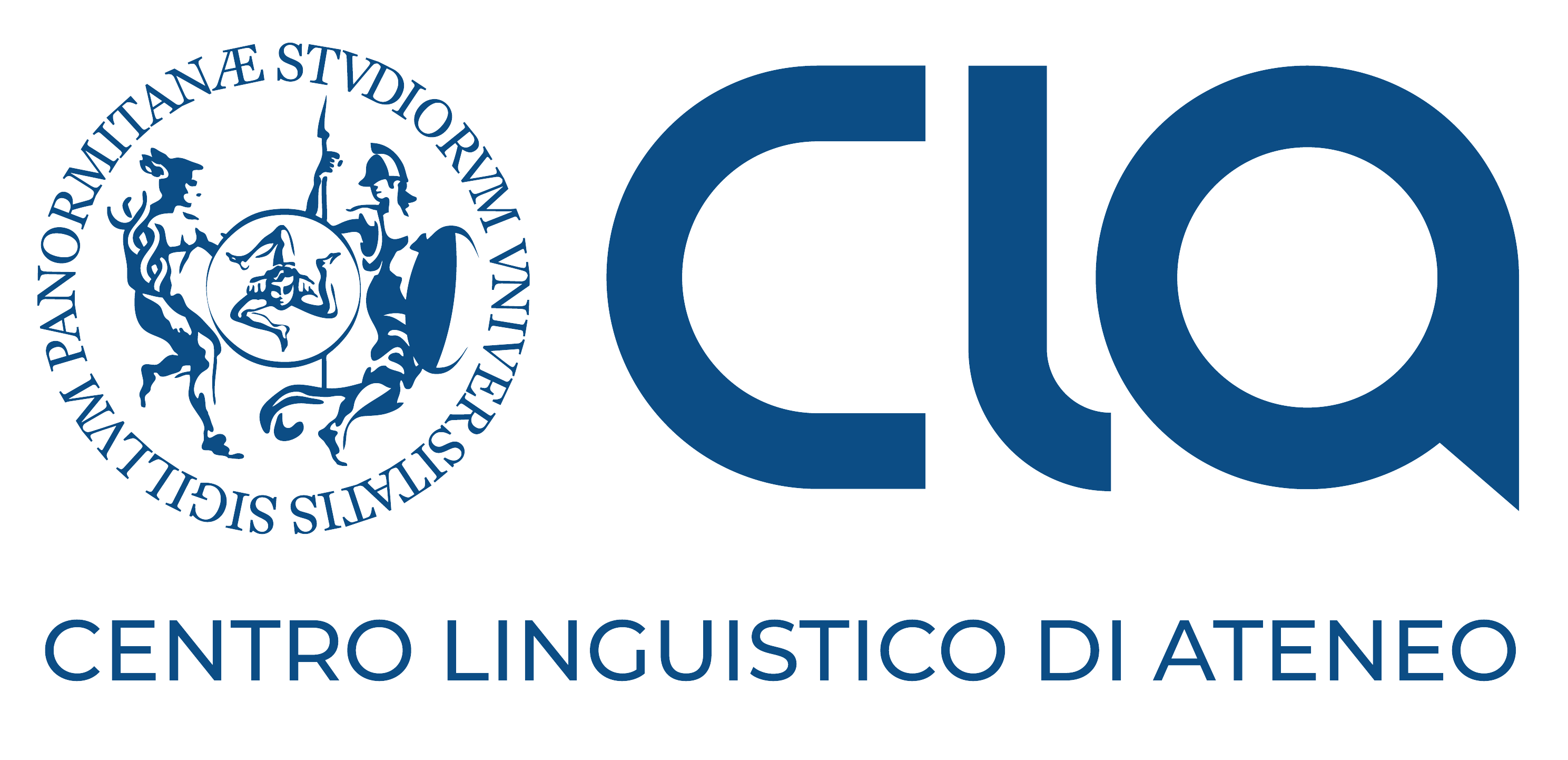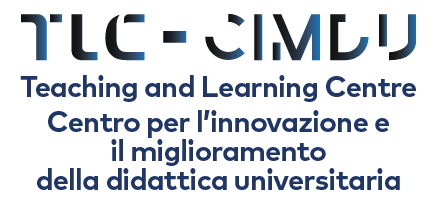ICAR01 - Hydraulics
Description
The Hydraulics Group of the University of Palermo operates in the Department of Engineering and promotes research and teaching activities within the typical topics of fluid mechanics and its engineering applications. Specifically, in accordance with the ICAR/01 declaration, the research group is mainly devoted to analyse the fluid motion and the transport process laws associated with the natural and the built environment. Theoretical, computational and experimental approaches are applied in the research activities, with the support of physical models and field measurements. Engineering applications of conceptual and numerical models of the hydrodynamics and morphodynamics of natural surface water bodies such as rivers, lakes, sea, transition zones are investigated. Fluid dynamic models of Newtonian and non-Newtonian liquids are applied for the solution of major problems in many engineering application fields, like bio-mechanics, hydraulic systems for the distribution and transport of water resources, hydrogeological modeling of underground flows, hydroelectric production, as well as the transport of natural and industrial pollutants in all natural water bodies and in the water distribution networks.
Research fields:
- 3D numerical modeling of laminar and turbulent flow of biofluids in fixed and variable boundary domains.
- Physical and numerical simulation of river morphodynamic processes in different forms (meandering, braided, etc…). Hydraulic resistance in rivers with gravel and/or sand beds. Solid transport. Highly concentrated currents (debris flow). Hydrodynamic and excavation processes near structures (piles and abutments of bridges, dams,...) in watercourses.
- Dispersion and mixing processes in natural water bodies. Turbulence in streams and estuarine areas. Eco-hydro-morphodynamics, biotic component interaction in natural water bodies (mussels, fish, etc..), hydrodynamics in vegetated rivers.
- Machine Learning techniques for identification of operational anomalies in discrete dynamic systems.
- Modeling and design of Banki type micro-turbines for hydroelectric production, conturation and regulation of network pressures.
- Water Distribution Networks modeling, design and management.
- Shallow water modeling for flood event simulations and identification of areas subject to hydraulic risk.
- Renewable energy from wave motion at sea: modeling and study of production devices
- 3D fluid dynamics modeling of multiphase flows in complex domains.
- Mathematical models for the reduction of physical and apparent water losses.
- Computational fluid dynamic for waste water treatments optimization.
- Simulation of flow and transport processes in saturated and unsaturated aquifers.
- Simulation of transport problems at the interface between free flow and porous medium using different scales (micro-scale, meso-scale and macro-scale).
Key words:
ICAR/01, Hydraulic Engineering, Fluid mechanics, matemathical and numerical modelling, laboratory physical modeling, industrial hydraulics, biofluids, porous media





